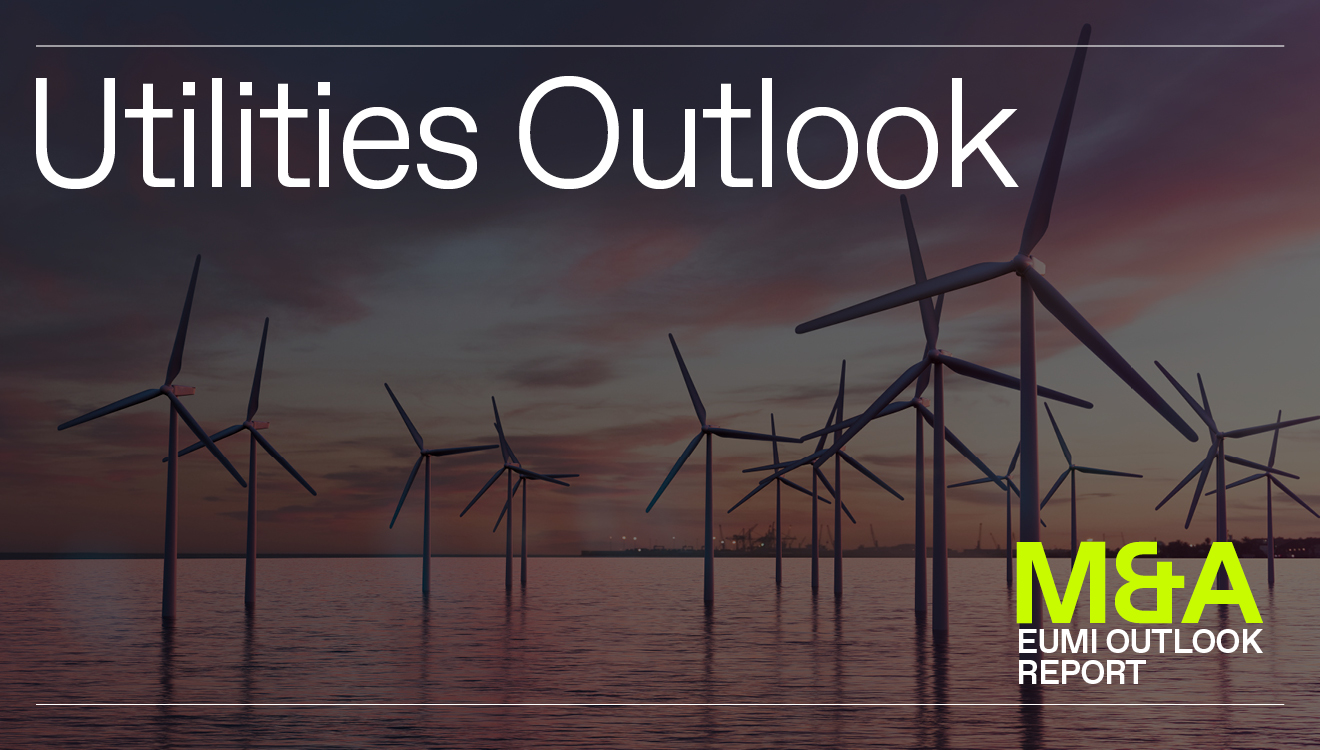Glencore vs. BHP vs. Rio Tinto
Glencore CEO Ivan Glasenberg is the most followed mining executive in the world because he has built Glencore through M&A much like BHP.
By ansaradaThu Sep 18 2014Mergers and acquisitions, Due diligence and dealmaking, Industry news and trends

Two global mining giants. Two contrasting styles.
One is in the midst of a huge deal, BHP Billiton. The other is cooling its heels, Glencore.
But how long will Glencore’s chief executive Ivan Glasenberg wait before pulling the M&A trigger, the Financial Times asked this week?
That’s easy to answer.
Glencore is not, contrary to Sanford C. Bernstein analyst Paul Gait’s opinion, seriously contemplating an acquisition of Rio Tinto.
Such a takeover, says Mr Gait, would “marry the world’s most important set of mining assets to the most sophisticated commodities trading business.”
But Mr Glasenberg is too smart to do that deal.
Rio, BHP and other iron ore miners have invested billions developing Western Australian mines in a foolhardy strategy that emphasizes volume over margins.
That’s good for Chinese steelmakers but has proved very, very bad for iron ore miners’ return on investment. Rio’s return on investment is a paltry 4.1 percent.
Iron ore prices are at five-year lows. More production is coming online. The world’s biggest importer of iron ore, China, is unlikely to muster the demand for the commodity it once had when its annual growth rate was double digit.
The outlook for iron ore prices is very gloomy indeed.
This brings us back to BHP. The FT has suggested Glencore may buy BHP’s unwanted aluminum, nickel, silver and coal assets that may be parked in a new company in a deal worth between $10 billion and $15 billion.
Mr Glasenberg will not be tempted by such bait. Who would want to buy unwanted assets that BHP has decided do not meet its return on equity?
BHP’s return on equity has fallen from 25 percent in the four years after the 2008 financial crisis to 18.5 percent.
Glencore’s 2013 return on equity was just 6.5 percent. Its return on investment 3.1 percent while return on assets was a very low 2.1 percent.
If Mr Glasenberg again embarks on M&A it is more likely Glencore will buy oil assets.
Tony Hayward, BP’s former chief executive, is Glencore’s chairman. The company paid $1.35 billion for African oil explorer Caracal this year.


